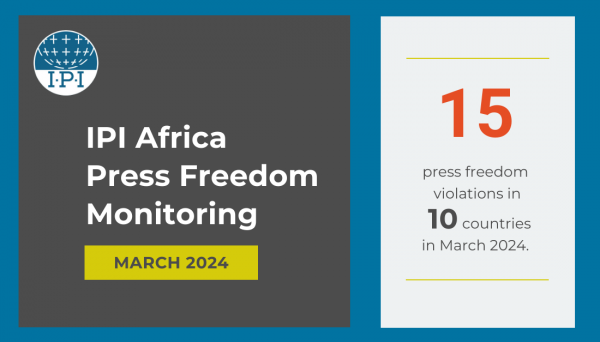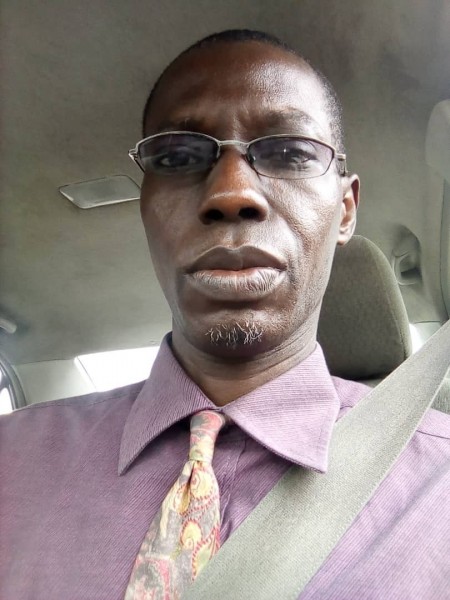During its three-day meeting in Abuja, Nigeria (31 October – 2 November 1999), the Executive Board of the International Press Institute (IPI), the global network of editors and media executives, met with President Olusegun Obasanjo, as well as Vice President Atiku Abubakar, Minister of Information Dapo Sarumi, Senator Ibrahim Mantu, Chairman of the Senate Committee on Information, and Doyin Okupe, Special Assistant to President Obasanjo on Media Matters. The Board welcomed the efforts made by Nigeria’s new leader during his first five months in office to move the country toward democracy, in particular the abolishment of various government laws restricting the media, and was encouraged by promises that the government was committed to abolishing all “obnoxious and draconian measures.”
In particular, the Board urged the repeal of the Treason and Treasonable Offences Decree No. 29 and of 1993, as well as Decree No. 60 of 1999, under which the Nigeria Press Council is given the power to register publications and journalists, impose fines for violations, and force journalists to disclose sources of information. It also expressed its concern over
excessive taxation – in the form of import taxes and VAT on newsprint – of the print media, which places a heavy financial burden on a sector already troubled by low readership and circulation.
President Obasanjo responded to the IPI Board’s fears over the health of detained journalist Jerry Needam, editor of the ‘Ogoni Star,’ by promising an investigation into the case – of which he was not aware – and the editor’s immediate release. Needham, who has been held by the State Intelligence and Investigation Bureau (SIIB) without charges since 11 October, was arrested after his paper, the bi-monthly of the Movement for the Survival of the Ogoni People (MOSOP), published a leaked police report on the oil-producing Niger Delta.


